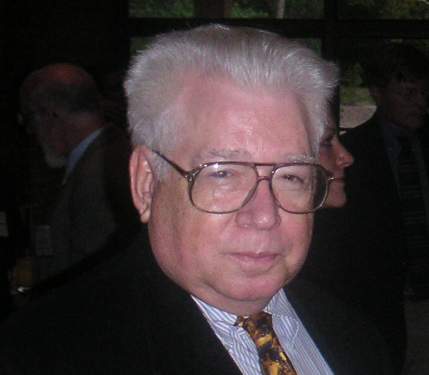Todd Myers is professor of political economy at Grossmont College and lecturer for the Center for Asian and Pacific Studies and the department of Economics at San Diego State University. He is currently serving as an Educational Ambassador for the Council on Foreign Relations, an Associate Editor with VoegelinView, and on the advisory board for the San Diego Center for Economic Education. He writes occasional pieces for the American Institute of Economic Research.

